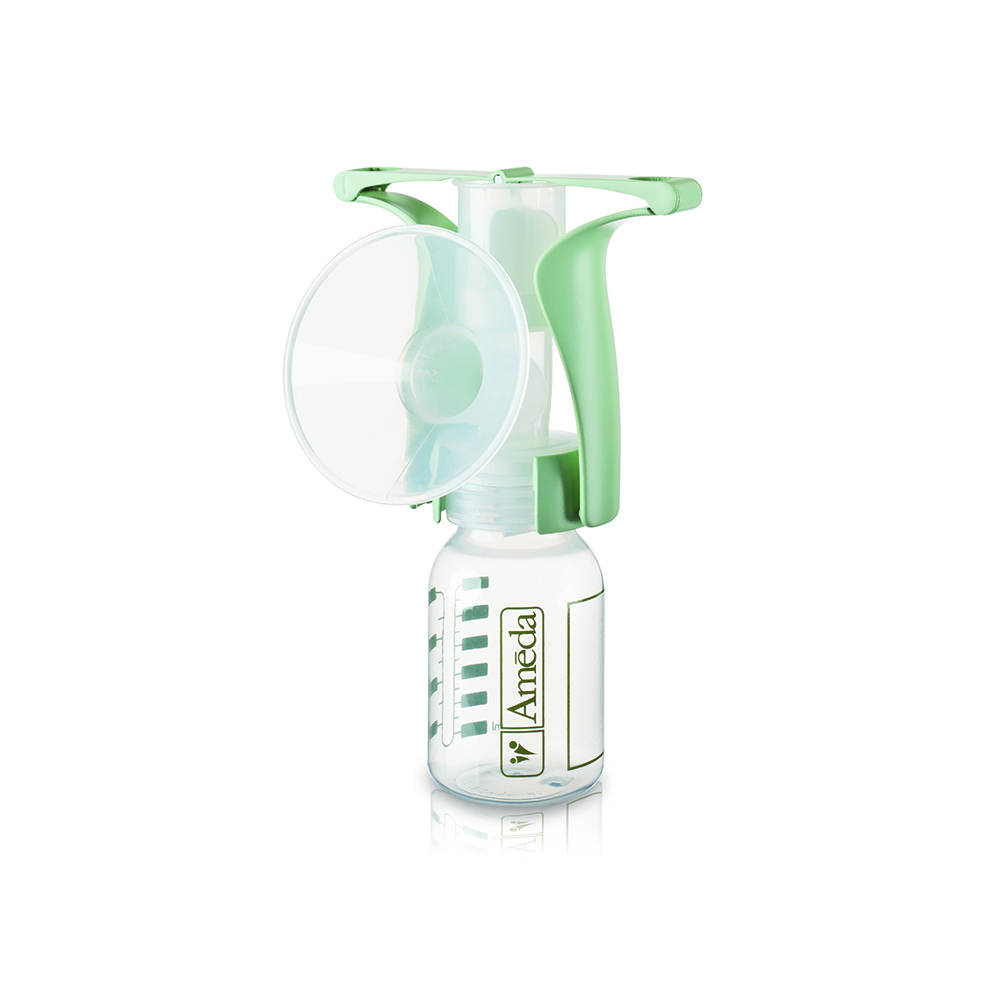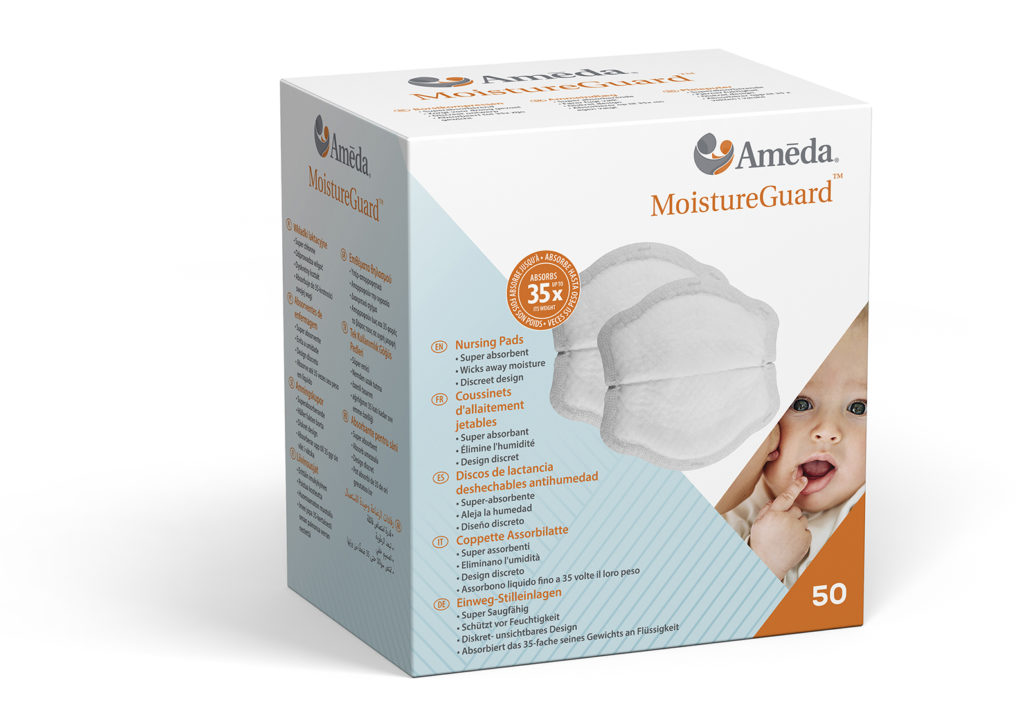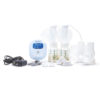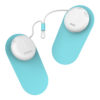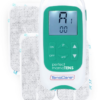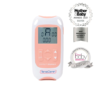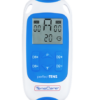Help! My breast are engorged!

Help! My breast are engorged!
If you’re breastfeeding, it’s normal for your breasts to become larger, heavier, and a little tender when they begin making more milk. Engorgement, however, results when your breast milk builds up and the fullness leaves your breasts feeling hard, lumpy, and painful.
When you’re engorged, you may also experience flattening of the nipple, breast tenderness, warmth, redness, throbbing, and swelling. It can sometimes even cause a low-grade fever and may be confused with a breast infection. It can happen at any time during your breastfeeding journey, but it’s most common during the third to fifth day after birth.
Engorgement can sometimes lead to plugged ducts or a breast infection. So it’s important to try to prevent it before it occurs. When treated properly, you should feel relief within a couple of days.
How to get relief
A way to help reduce the risk of engorgement is to breastfeed often in the first few weeks. Allow your baby to feed as long as they like, ensuring they are latched on well with good suction. Some people suggest waking your baby to feed if four or more hours have passed since the beginning of the last feeding. However, opinions on this vary. You know your baby best and if they need to sleep longer, trust your gut and your killer “mom instincts”. They are usually right!
Tips & Tricks
• Make sure you have a good latch. If you are having trouble or you feel things are not going well, contact your nearest Lactation Consultant or La Leche League.
• Breastfeed often on the affected side to remove the milk, keep it moving freely, and prevent the breast from becoming overly full.
• Avoid overusing pacifiers and using bottles to supplement feedings.
• Hand express or use a manual pump to release a little milk to first soften the breast, areola, and nipple before breastfeeding. You could use an electric breast pump if you have one, but not for too long. Remember: more milk out = more milk made! Your body is trying to adjust and make the right amount for your little one.
• Massage the affected breast. Don’t be surprised if you notice milk leaking out. It’s completely normal and will most likely provide some relief. This method works well in a warm shower or after applying a warm compress.
• Use a cold compresses in between feedings to help ease pain.
• If you are returning to work, try to pump your milk on the same schedule that your baby breastfed at home. Or, you can pump at least every four hours.
• Get enough rest, proper nutrition, and fluids.
• Wear a well-fitting, supportive bra that is not too tight.
• Use some breast pads if you feel that you might leak!
How long will it last?
Engorgement usually doesn’t last more than a couple of days. In the meantime, the above tips should help provide some much needed relief. Once your body adjusts to the demands of your baby, you might have some leakage and a bit of soreness but not to the same extent and only for a short period. If you find you’re continuing to have pain or engorgement, contact a healthcare professional or your local breastfeeding support person.

